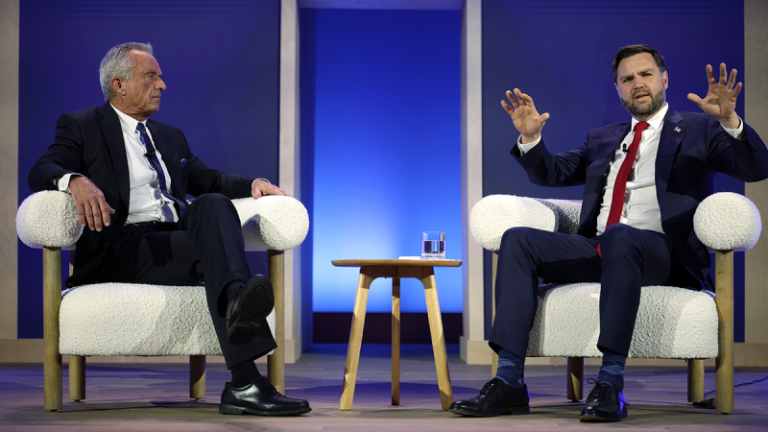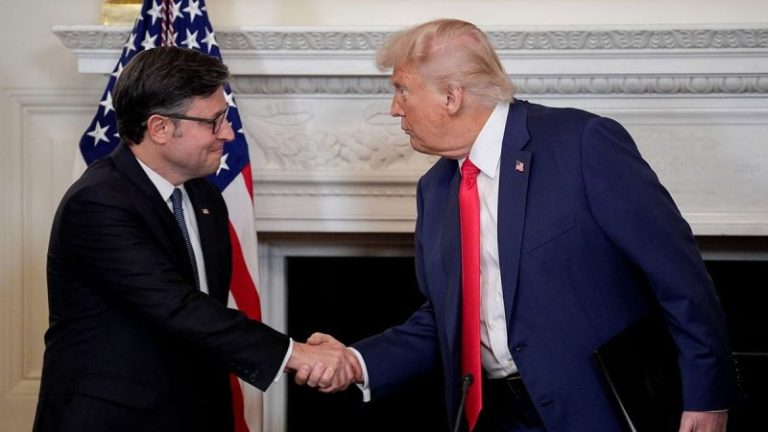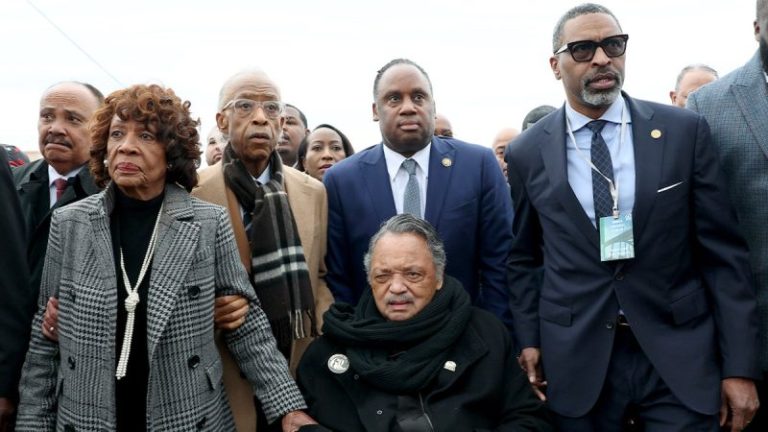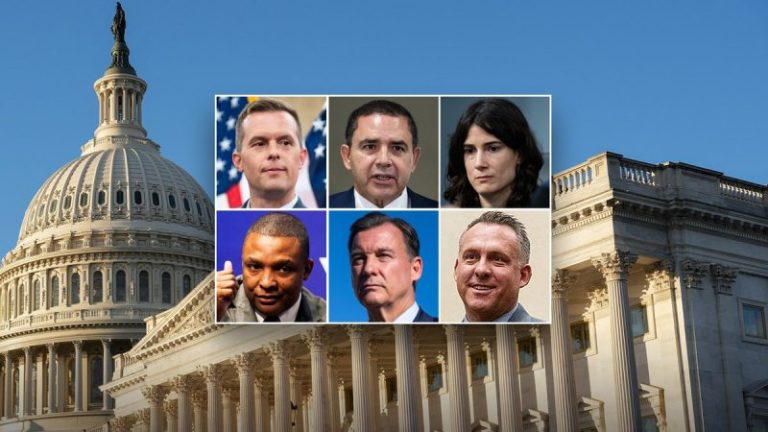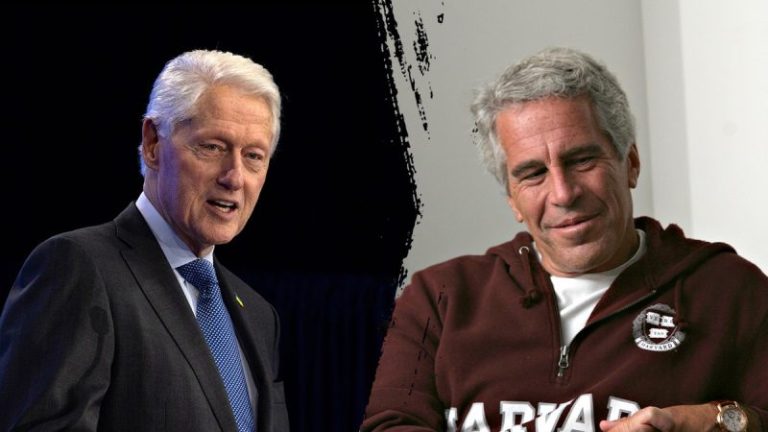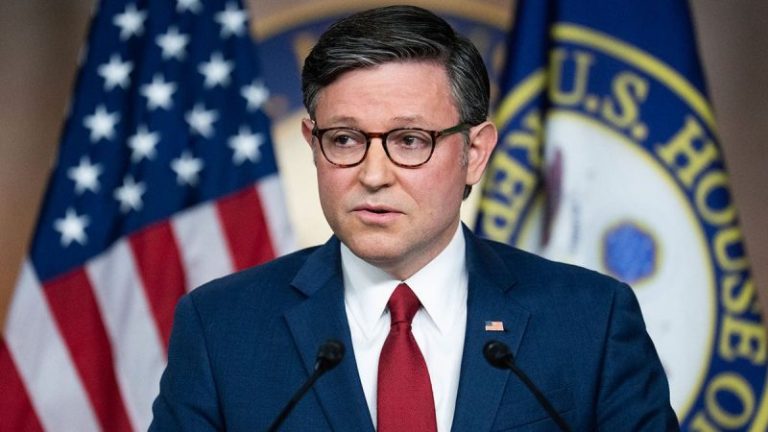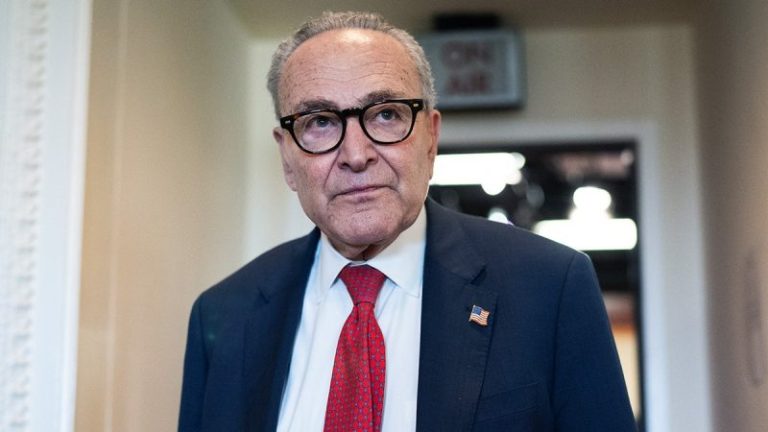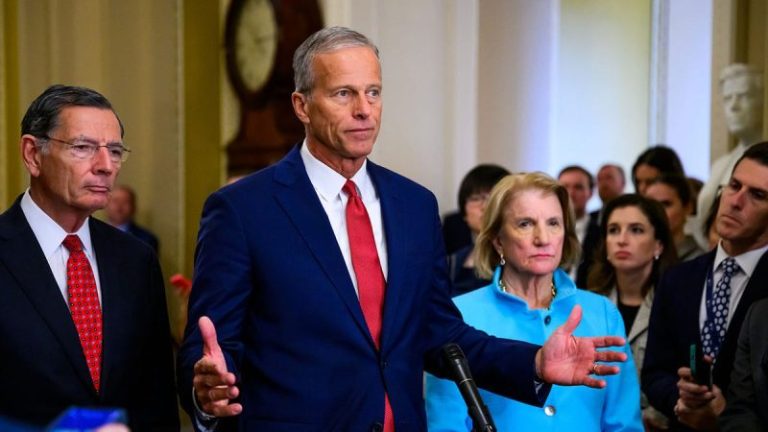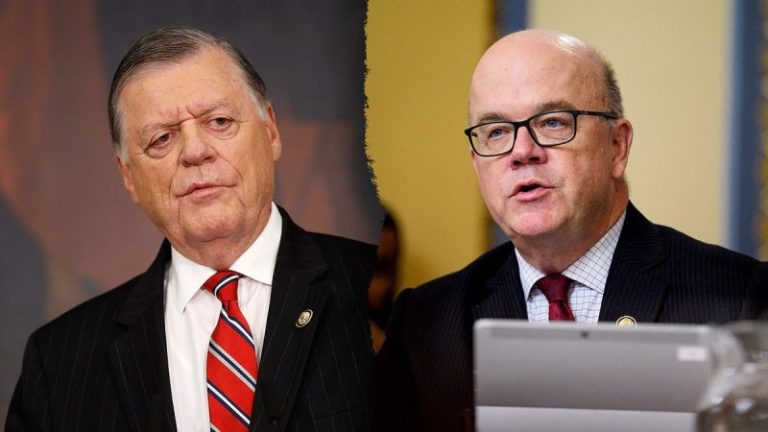Vice President JD Vance praised President Donald Trump’s ‘bulldozer’ approach to public health, calling it a necessary force that ‘just had to happen,’ during remarks at Wednesday’s Make America Healthy Again (MAHA) summit.
The summit, held at the Waldorf Astoria in Washington, D.C., was centered on Health and Human Services (HHS) Secretary Robert F. Kennedy Jr.’s MAHA movement — aimed at improving nutrition, eliminating toxins, preserving natural habitats and fighting the chronic disease epidemic in the U.S.
‘That is a good summary of Donald J. Trump is that he takes a bulldozer to Overton windows every single day,’ Vance told the HHS secretary during the event. ‘It just had to happen… One of the criticisms that Bobby will always get, and I always think it’s such b——-, excuse my language… [is that] sometimes there’s this attack where people say that conclusion is not supported by the science, or this or that conclusion is a conspiracy theory.’
‘Science, as practiced in its best form, is that if you disagree with it, then you ought to criticize it, and you ought to argue against it. You can’t shut down the debate,’ Vance continued. ‘If you look at all the big public health debates that we’ve had in this country over the last 20 or 30 years… they tried to silence the people who were saying things that were outside the Overton window. As we found out the hard way over the last few years, it was very often that people who were outside the Overton window were actually right, and all the experts were wrong.’
Vance went on to say the country could not advance unless Americans become comfortable with people who are ‘willing to challenge orthodoxy.’
He also vowed to keep Appalachia in the forefront of the conversation, noting residents have higher premature mortality rates due to a long history of being failed by the public health system.
‘You know what really p—– people off — when they realize that their loved ones are dying much sooner than everybody else,’ said Vance, whose autobiography, ‘Hillbilly Elegy,’ details his own upbringing in Appalachia. ‘That is a big part of the story of what’s going on in Appalachia, and why I think so many people in Appalachia feel left behind.’
He described himself as ‘the golden boy’ of Appalachia, admitting he feels guilt about the many people who grew up in families like his and have not had an easy life or the same amount of economic opportunity.
‘That gives me a sense of purpose because I want those people to have the same opportunities that I’ve had,’ Vance said. ‘But it also gives me a great sense of anger, because we never should have gotten to the point that we are today. The reason that we have, is because of failed leadership over generations.’
When discussing the people of Appalachia, he said they are people who, ‘though they don’t have much, would take the shirt off their back and give it to a complete stranger, because that’s what you do.’
‘If you go back to America’s biggest wars — World War I, World War II, Vietnam — which were the counties that filled their draft quotas with volunteers instead of with draftees?’ Vance posed. ‘It’s very often the parts in deep Appalachia where you’ve got grinding poverty, but you’ve also got this incredible love of country.’
‘So if any place in this country deserves not to be left behind, it’s Appalachia… These are people who deserve to live better, healthier lives, but they really have been left behind by this country’s leadership,’ Vance added.

